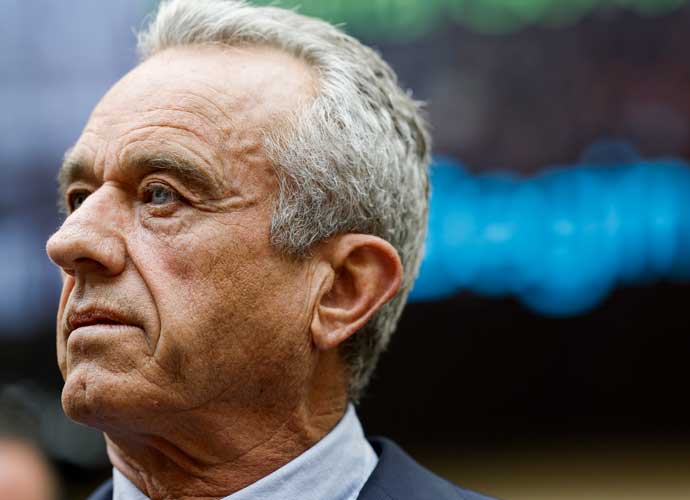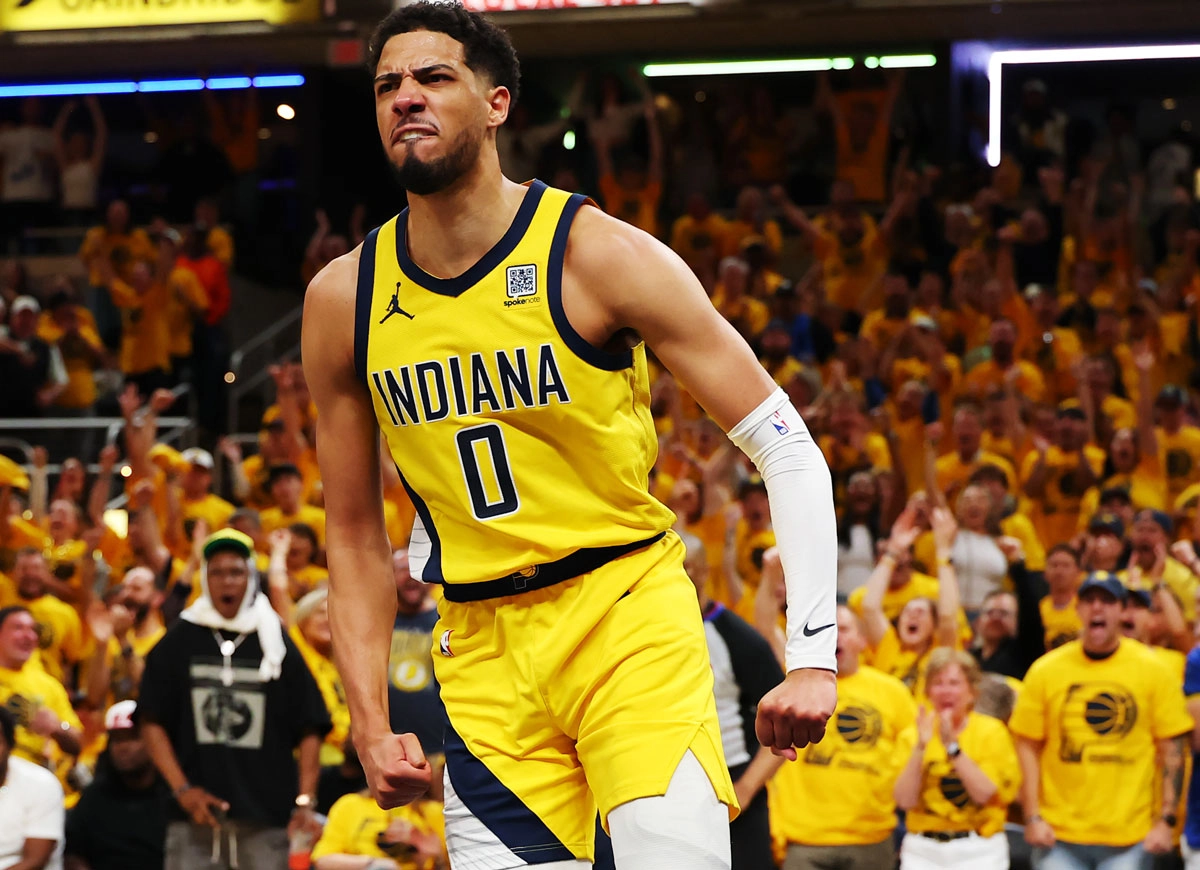Robert F. Kennedy Jr. Calls Exclusion From CNN Debate ‘Illegal’
On Thursday, CNN announced that independent presidential candidate Robert F. Kennedy Jr. failed to meet the qualifying criteria for the June 27th debate. As a result, the debate, one of two scheduled before Election Day, will exclusively feature President Joe Biden and former President Donald Trump facing off head-to-head.
After CNN’s announcement, marking a significant blow to Kennedy’s independent presidential bid, Kennedy’s campaign criticized the network, alleging that the Biden-Trump debate was “a clear violation of federal law.”
“Presidents Biden and Trump do not want me on the debate stage and CNN illegally agreed to their demand,” said Kennedy in a Thursday statement. “My exclusion by Presidents Biden and Trump from the debate is undemocratic, un-American, and cowardly.”
Kennedy’s campaign reiterated that “if the debate goes forward without Mr. Kennedy, the Kennedy campaign intends to pursue this issue for as long as it takes to obtain justice against these illegal acts.”
Subscribe to our free weekly newsletter!
A week of political news in your in-box.
We find the news you need to know, so you don't have to.
According to CNN debate rules, candidates must achieve 15% support in four approved national polls and secure ballot access in states totaling 270 electoral votes, the threshold for winning the presidency.
As of Thursday’s deadline, Kennedy only had three such polls, from CNN, Quinnipiac University and Marquette University Law School, and less than one-third of the 270 Electoral College votes required.
Unlike the two other minor party candidates, Cornel West and Jill Stein, Kennedy still had a slim chance to qualify for the debate and his campaign had been scrambling for weeks to meet the criteria, nearly succeeding in the polls but lagging far behind in securing the necessary electoral votes.
However, the last chance to qualify hinged on a Fox News poll published Wednesday which indicated only 10% support. Additionally, despite being officially on the ballot in only six states –California, Delaware, Hawaii, Michigan, Oklahoma and Utah – totaling 89 Electoral College votes, Kennedy’s efforts to gain ballot access in over a dozen other states did not bring him any closer to reaching the 270-vote threshold.
Kennedy filed a complaint with the Federal Election Commission (FEC), alleging that CNN “colluded” with Biden and Trump to exclude him from the debate, accusing the network of violating campaign finance laws, a claim the network has denied.
His campaign also announced plans to organize a protest outside of CNN’s New York studios at Hudson Yards on Friday. However, according to a campaign spokeswoman, Kennedy himself does not plan to attend.
Qualifying for the debate would have provided a major boost to Kennedy’s campaign. The first debate between Biden and Trump in 2020 was watched by over 73 million people, offering Kennedy the chance to directly confront his opponents before a large national audience.
However, no third-party or independent presidential candidate has participated in a national debate since 1992, when Ross Perot, a Texas billionaire who self-funded his campaign, achieved enough momentum to join former president George Bush and Gov. Bill Clinton of Arkansas in three debates during the last weeks before the election.
Kennedy’s exclusion from the debate is a setback for his campaign, but it aligns with the shared interest of Biden and Trump, who are worried about losing support to Kennedy and are concerned about his potential influence on the outcome in crucial battleground states.
Get the most-revealing celebrity conversations with the uInterview podcast!






Leave a comment